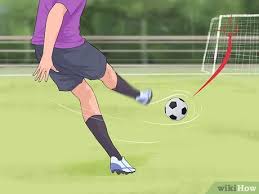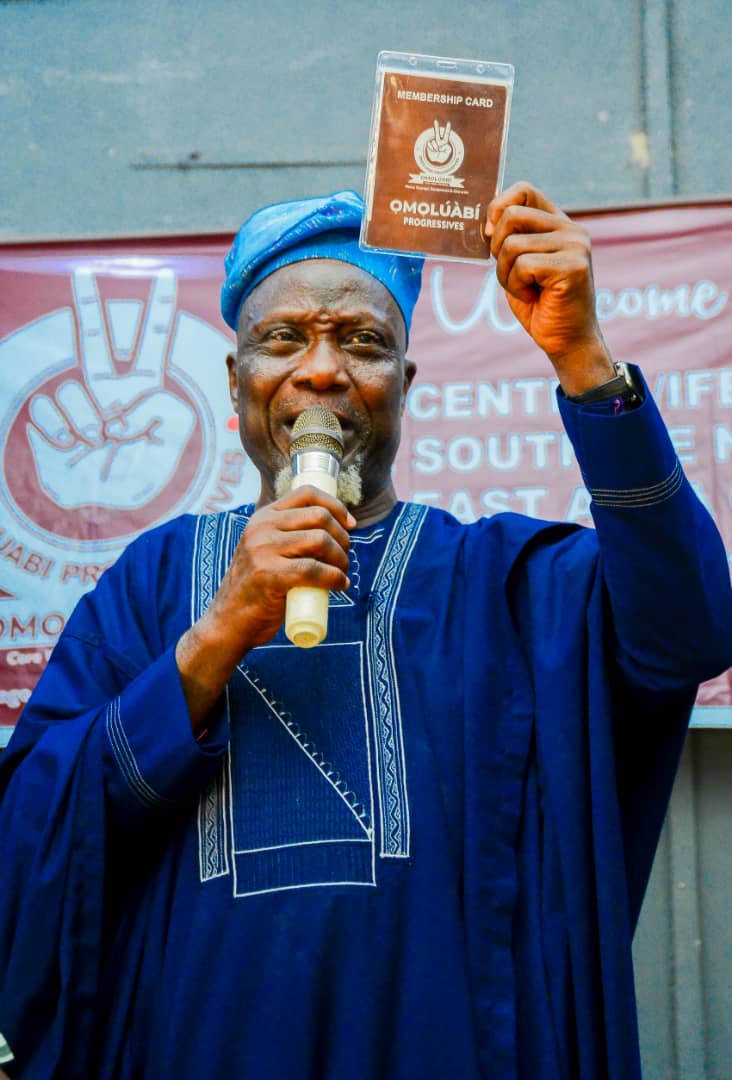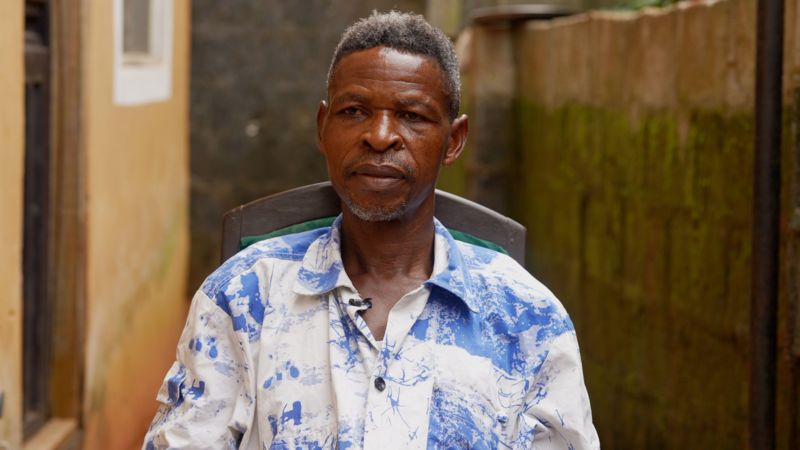STRIKER: Sense of Responsibility


One of the best known Bible parables told by Jesus Christ is that of the Good Samaritan. Indeed, it best demonstrates what is meant by sense of responsibility. When the Christ stated to his audience that the height of obedience to all laws is to love one’s neighbour like oneself, some mischievously wicked fellows from the audience asked the trap question, “who then is our neighbour”?
Jesus, in His glorious response, then told the Parable of the Good Samaritan. In summary: a fellow, definitely not from Samaria, was fatally wounded and laid, dying by the wayside where he was seen and unattended to by several passers-by, including men of means from Galilee, where Jesus had preached the good news. Only the Samaritan, from Samaria where Jesus had apparently not spread the gospel, got the heart and the courage to stop by, carried the wounded fella to where he could be treated and saved, and guaranteed to foot the bill. Jesus then asked the naughty inquirer: who was actually the injured fellow’s neighbour? Clearly, the Samaritan; and Jesus admonished them – “whomsoever you are in a position to assist, do so, he is your neighbour.”
Let me quickly assert that the love of neighbour as oneself – the golden rule – is not unique to Christianity but is shared in common by all major world religions to which majority of humanity belong. It was the intention of the authors that if only every man and woman in the world could wish for his/her neighbour what he/she wishes forhimself/herself and would not do unto his/her neighbours what he/her does not wish, the world would be a paradise – a correct proposition.
Perhaps, the best education on the Good Samaritan’s parable was given by the unforgettable Dr. Martin Luther King, Jnr. of the Southern Christian Leadership Forum, Nobel Peace Prize Winner and leader of the Civil Rights Movement, United States of America. It was he who said “compassion is more than merely flinging a coin at a beggar.” He opined that, in the context of America (and we dare add Nigeria), a lot of people will find dozens of reasons (excuses) why they should not stop to help the fatally injured fellow: “What will happen if I stop to help? Imagine if it is a trap or a setup to rob! What if the fellow died, either on the way to help or at arrival? E.t.c. King Jnr now said what such people don’t think about, which is what they should really think about is what will happen on the other hand, if they don’t stop to help? In the final analysis, what happens if they stop to help should not bother them; they would have satisfied themselves to have done “God’s will.” Let us add that they would have demonstrated the highest sense of responsibility!
Organisations of all types, including political associations and parties, exist to promote a set of objectives, which invariably promote the welfare of not only their members but development of society. Why should anyone belong to any of those organisations if not genuinely interested in the advancement and fulfilment of those objectives? How can one contribute to the realisation of those objectives except through active participation in the programmes and activities that will lead to it?
Here now is our main point. What should guide our attitude during active participations? The world is unfortunately the way it is today, thousands of years after setting down the golden rule, simply because our attitudes and activities, within associations, is hardly ever guided by sense of responsibility to others, only sense of responsibility to self, indeed at the expense of others.
As members and leaders of associations to which we belong, we must not only cultivate the correct sense of responsibility, be willing to accept responsibility for the welfare and goodness of others, we should always SEEK responsibility, and be active in promoting the common good, always looking out for the wellbeing of others, that they too prosper as well as we hope we do.
Leadership, especially, imposes the highest responsibility. Shying away from it inevitably leads to organisational setbacks. Whenever you see organisations in disarray, check the sense of responsibility of its leaders, and relate it to how it has negatively impacted on those of the followers. As our understanding of democracy and democratic practice continues to deepen, every citizen must come to the realisation that he/she has a part to play in order to have the kind of beautiful and prosperous society that we dream of. It will not arrive by magic or be decreed into existence by a messiah. One simple contribution we can pledge today is cultivation of the highest sense of responsibility to “our neighbours,” which we can findin all our various associations; and to always challenge irresponsibility and self-centredness, especially when it undermines the progress of organisations and constitute setbacks to attaining its objectives.










